New Moon: Foundational thoughts on ecstasy

Dydd Gwener hapus. That's "happy Friday" in Welsh, although with the gods that Welsh days of the week are named after, a more literal translation would be "happy day of Venus." I'm still struggling with what's an apt greeting to offer at the start of every newsletter, or if I should rotate between various things. Bear with me.
Yesterday in the construct of the United States: a politically, emotionally, and ritually difficult day. For settlers like myself I believe in the importance of regularly interrogating what more I and we can be doing to support indigenous comrades — not just using Thanksgiving as a day to perform a symbolic self-flagellation and consider ourselves perfectly penitent. Nevertheless, I find it a meaningful day to reflect, grieve, and make extra efforts to learn what help is needed for particular tribes right now. Meanwhile, the ugly lies of Plymouth's "first Thanksgiving" are now followed today by the uglier truth of what props up this country's architecture more than lofty ideals of "coming together despite our differences": consumption.
I hope that in whatever ways you find yourself coping with the orgy of buy and sell — whether you just want to shut out all the noise and spam and crudeness, whether you have no choice but to go out and purchase something necessary, or whether (worst of all) you have to work. I hope you'll get through it and live to struggle another day. I'm lucky to be able to cloister myself at home and just write here.
Today I'm writing something for the recent new moon. I explained my intended newsletter schedule last time I wrote; in the case of the last quarter, I had a general content warning about depressing things. Having gotten that week's initial very-long, doom-laden thought out of the way, I'm a little relieved to now reach what I and many people treat as the actual beginning of the moon's cycle. I treat this is another time of challenge, but not for facing deaths, rather for facing births.
When the moon is new, I move to that which is the heart of the occult, for though the full moon permits us clear seeing (clairvoyance) into the night and Otherworld, there we receive answers of at least some flavor, there in the time of divination. During the new moon there is no sight in the night, and the unearthly lies untouchably beyond our awareness — while paradoxically permeating even our waking life — and thus in this phase I find it best to content ourselves with asking questions but not needing answers: mystery.
I assign a lot of value to the duality and interplay of ritual whose purpose is beyond-mundane but transparent, vs. ritual whose purpose is knowable only to the practitioner (if it can be known at all). I know I'm going to write about these things later, again and again, in ways both abstract and concrete. But there's one place I need to start in order to explain my approach to ritual kink in particular, and likewise to what I'll call erotically-complete religion: the related dichotomy of the fertile vs. the ecstatic.
Fertility as entry to what is pagan or animist
I will talk about what this heading refers to in a few paragraphs, but first, a semantic detour. People identifying with or discussing the term paganism often contrast paganism with Christianity, yet increasingly I take compassionate issue with this view, even when accounting for my satanic opposition to Christianity as hegemonic ideology. First of all, pagans don't comprise everyone who isn't Christian. Secondly, pagans don't even comprise all earth-based religions; given everything I've ever learned about practitioners of contemporary indigenous belief systems that have been successfully orally transmitted throughout the whole course of Western capitalist colonization, I don't think all of those people would necessarily identify as pagan, even if some may; and likewise it would be inappropriate for non-indigenous pagans to claim that merely by becoming pagan they are now indigenous.
I find better grounding in paganism's etymology: from pāgānus, a Latin concept referring to the countryside, wherein rural, uncultured people are contrasted with urban, civilizational participants in empire — without particular reference to whether someone is indigenous per se, only that they're external to "the system," which was eventually taken up to mean outside Christianity but also now involves dwelling outside a lot of other constructs borne of more modern Western capitalist empire-building. Paganism today is tied to the birth of Romanticism, that mighty backlash against the Industrial Revolution, something else I'll likely expand on at a later date.
The Germanically-flavored and -favored synonymous word heathen is a little less clear in its origins, but may have paralleled or been calqued from pagan's development. I choose usually not to use heathen, less due to any political reasons and more due to the fact that while some of my owner and I practice things inspired by capital-h Heathenry, these are more of an accent to what we do than a really central portion. However, sometimes these days I struggle over whether to even use the word pagan, because in both words' cases Romantic ideas can either point in the direction of liberatory decolonized anarchist communities... or be co-opted by purgative ethnonationalist movements. We see the latter exemplified in the composer Richard Wagner, whose racism is at least plainly documented in work outside his operas regardless of how you assess the operas themselves; and these operas, or as he might have insisted "music dramas," at least interpreted Germanic pagan material within an intellectual framework that was then further developed by other, more virulent racists who fueled Nazism, and "Nazi occultism" (both a real concept and a misleading one) was itself fixated not just on esoteric ceremonial magic in the broad sense, but on ethnic tokens from a pagan past.
I don't think Romantic ethnonationalists and their successors have gained enough of a foothold within paganism itself for me to completely avoid calling my ritual/belief system pagan; and overall I feel reasonably assured that when I use the word, people basically know what I mean even if not perfectly. But nowadays I'm tending to find the concept of animism more powerful, for this is a framing that still contrasts with hegemonic norms, but not by hearkening back to an idealized snapshot of the past, and rather by living in ritual harmony with the natural world of past, present, and future, open to change and reworking but guided always by our function within nature and not by believing ourselves above or outside of nature. (Despite my intention to write much more on animism later, if you'd like some good material about this right away I'm immediately going to point to the brilliant and irresistible Rune Hjarnø Rasmussen.)
All these semantics aside, whatever word is my preference or yours, regardless of Christianity's precise role in this, what I'm really trying to get to is that when we look at people's early pagan/animist explorations in the process of turning away from capital/empire/the nameless but wretched force I've glibly called the great dung ball, we often run into a fascination with a thing accorded deep importance for returning to a more natural mode of living, for rewilding human society. This thing is certainly hated by the hegemony, no matter what anyone tries to tell you these days. This thing is sex. And it's both a cliché and a simple truth that many a (spi)ritually oppressed/repressed person takes their first steps to sexual freedom by encountering either facts or fantasies of fertility cults.
There are countless examples of such cults, whether historical, contemporary, or merely hypothesized. Deities of the crops, the earth, etc. portrayed with vibrant and exaggerated sexual characteristics. Genital representations worn or displayed as talismans of protection against malevolent withering forces. General cosmic principles explained in sexually procreative terms. Tales of sacred sexual rites undertaken to renew the land and promise a good harvest. The Da Vinci Code, read without regard for whether it's good or accurate, was a massively successful novel written in my lifetime about a gigantic coverup for the Holy Grail being more or less the fertile uterus of Mary Magdalene.
Yet focusing merely on fertility cults is likely to get you into trouble when you try to go further down a pagan/animist path. Many animist cultures' deities, myths, etc. don't concern fertility in an overt way, nor even particularly feature sex, even if sex does abound, so what are these cases supposed to teach people about instead? What, in turn, are the pagan/animist ritual options for people who can't or don't wish to biologically reproduce? Even broadening fertility to include a more than literal sense of it fails to address why we also have primal, erotic needs for things that have nothing to do with making children. I'm a person with a uterus that ostensibly can gestate a fetus, and at this time in my life I'm in a straight-passing relationship and I'd like to carry and birth a child; but I'm also queer, and while on the one hand I believe in claiming fertility for the queers, on an evolutionary level I think it's fair to say queer sexuality has evolved for its own distinct reasons.
I imagine it's possible to maintain a meaningful ritual practice that doesn't directly incorporate any sexual components if you have no personal need for them, and likewise I wouldn't say a meaningful ritual practice can ever only be about sex, because there's more to life than that for just about anyone. But assuming you're keeping a practice that does incorporate sexuality, as I do, then this requires recognition of an erotic dichotomy wherein fertility is contrasted with ecstasy.
Defining ecstasy
Etymology again, to start. Ecstasy is derived from the Ancient Greek ἔκστασις (ekstasis), which probably means something about "displacement," or "(going) out from where I stand." English speakers use ecstasy now in several senses, referring equally to a trancelike state beyond normal conscious awareness, to a euphoric religious experience, to a drug whose psychoactive effects can probably induce either condition, or to sensations like an orgasm. Some frustrating philosophers whom I won't reference have also written their own thoughts on ecstasy that bear coincidental resemblance to what I personally see in common between all English uses of ecstasy and the Greek root: a sense of leaving the self.
And here ecstasy immediately contains one of the first and greatest paradoxes. Based on the newfound sense of identity and wholeness that people tend to find during and after being brought into an ecstatic state, to truly leave the self is in fact to define oneself by seeing oneself within a larger context. I've come to know this in every fiber of my body-and-mind.
I've also come to know these other things:
Ecstasy is not positioned as destruction against fertility's creation. Some destruction is in fact necessary for creation, so fertility relies on death as much as life, on fire as much as water. But ecstasy may in turn involve plenty of violence.
Ecstasy is about going beyond oneself into otherness, in order to become oneself, while fertility is about diving completely into oneself, in order to produce something other.
The ecstatic's role is that of the maenad in the Dionysian mysteries, another topic I'll return to again and again. The ecstatic is the cenobites of Hellraiser, experiencing pain and pleasure together for their own sakes, transcending their bodies and consciousness through undertaking the impossible, "demons to some, angels to others." The ecstatic is hedonism and indulgence. The ecstatic is rites of passage through physical ordeal. The ecstatic is dancing around a bonfire not to invite any blessings or luck, but just to say, "We are here, and we are dancing." The ecstatic is queer exultation, enjoying each other's bodies because we exist.
In the cultural loss of animism through the course of colonization, we have lost this sensory, sensual, sexual function in the way that it once existed. Like the simulacrum of fertility fetishism found on the Christian right, ecstasy is mimicked in global Western culture through commercial sensory cornucopias like amusement parks and malls and online spectacle, but as it's mediated by class relations, whiteness, empire-building, and other such things, it gives only a tepid kind of ritual satisfaction and erotic fulfillment. It's mass-manufactured, even when it's tailored by algorithm to your desires. It's not the ecstasy of the commons.
Sensing this lack, even if not always knowing how to describe it, marginal and alternative communities spring up all the time in an attempt to take ecstasy into our own hands. There's the very obvious case of rave culture and its hippie antecedents and its Burner cousins. There are also body modders. There are queer community spaces. There are polar bear beach runs. There are social singing groups. There might be that first night you stayed out with your friends until long after midnight, maybe drinking and playing a guitar out by a lake; it might have been summer, with fireflies winking greenly in the woods around you, or it might have been a colder time, and you told each other terrifying tales. And there is, of course, kink, especially in its sadomasochistic flavors, but also in its others.
The ecstatic and the fertile in eternal balance
Ursula K. Le Guin once wrote the opening to a short poem as follows:
Light is the left hand of darkness,/and darkness the right hand of light
I'm not a Daoist, but I believe she largely was in spirit, and this is, I suspect, an excellent outsiders' interpretation of Daoism's twoness-as-oneness, sometimes fancifully called dialectical monism. In this worldview, which I share in my own way, there is no absolute oneness in the world, but rather constant dualities that oppose and balance each other, although their tension and resolution do then form a united cosmos. I also enjoy the above qute not just for the extremely queer novel it comes from, but because it's jarring in a Western context to see light placed on the left and darkness placed on the right, as this often occurs alongside unexamined conflation of sinister = evil = black and dexter = good = white; even if we remove moral values from such equations, it's a great truth that darkness contains a kernel of light within it, and in light there is a kernel of darkness, and each begets the other, and we must have both.
In an erotically-complete religion or ritual practice, I therefore see the ecstatic and the fertile both as separate categories and as simultaneous creators and destroyers of one another, eternally balancing and unbalancing and rebalancing. The ecstatic reminds us not to forget ourselves as we use ourselves to establish things beyond us, and the fertile reminds us not to forget things beyond us as we use those things to establish ourselves.
It's on this principle that I attempt not only to operate as an animist and as a sexual being, but also to organize my life in general, to practice kink and sex equitably, and to envision a better world. One might well say that any salt for any eclipse is laced considerably with ecstasy.
I'm not yet happy with what I'm writing, insofar as I want it to read like less of a lecture, but I think first I'm directly establishing the principles of what I'm trying to write here, before I can write more mystically or poetically. Thank you to existing subscribers, who already number more than I thought. Your combined curiosity and patience keeps inspiring me.
I'm going to have a free post for every moon phase through the winter solstice, but will then start to make a few posts per season locked to paid subscribers. I still am working toward asking for money less, but I intend to always give a heads up when my next post is going to be locked, so that free subscribers know whether to expect anything the following week.
Until next Friday!
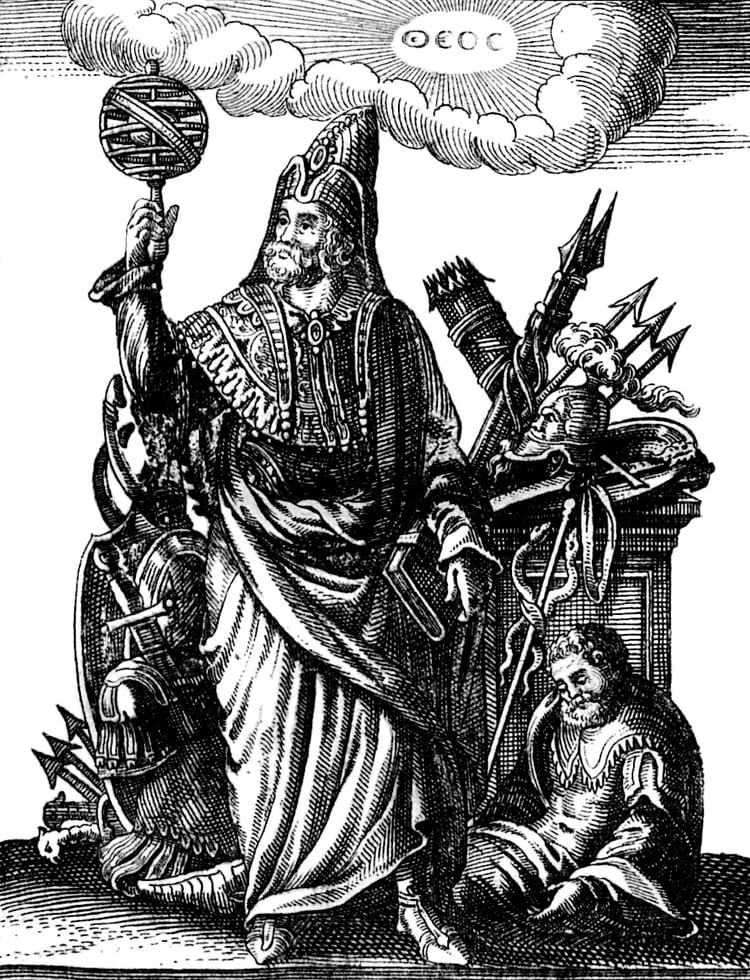
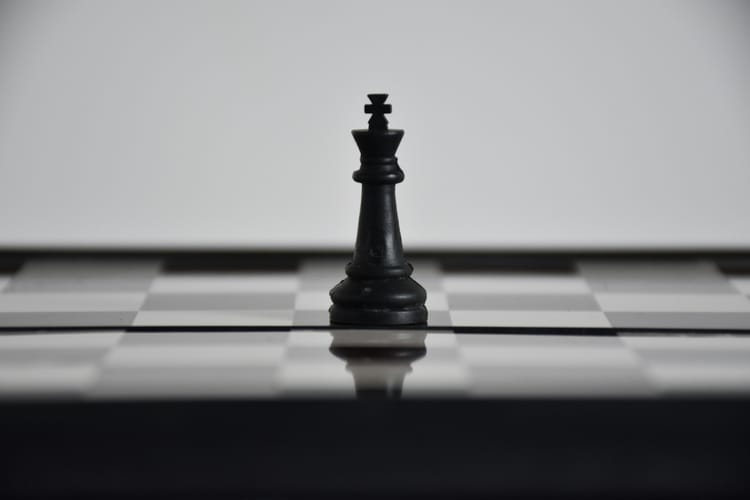
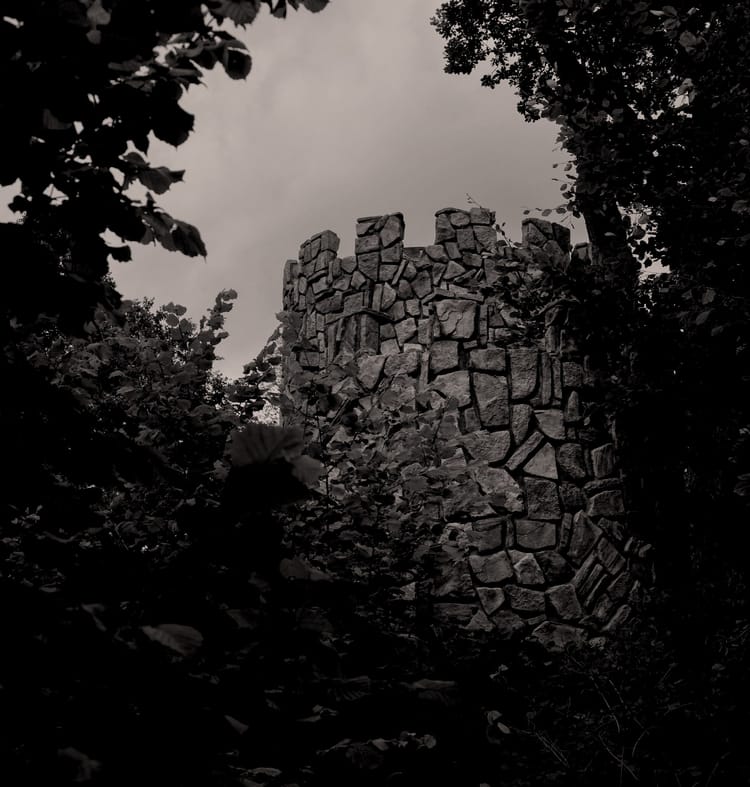
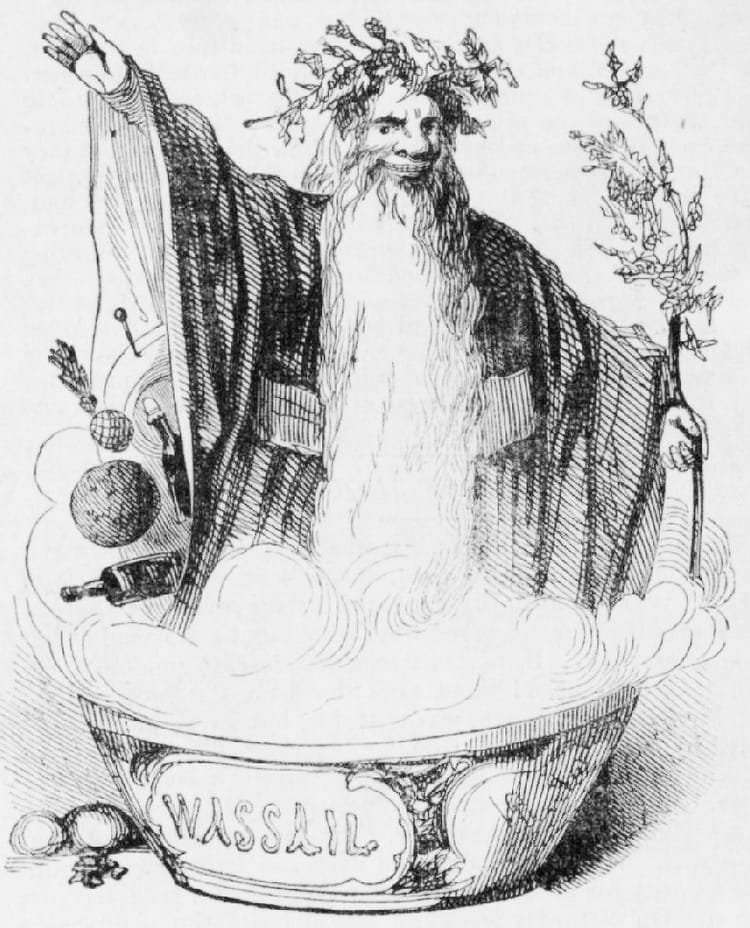
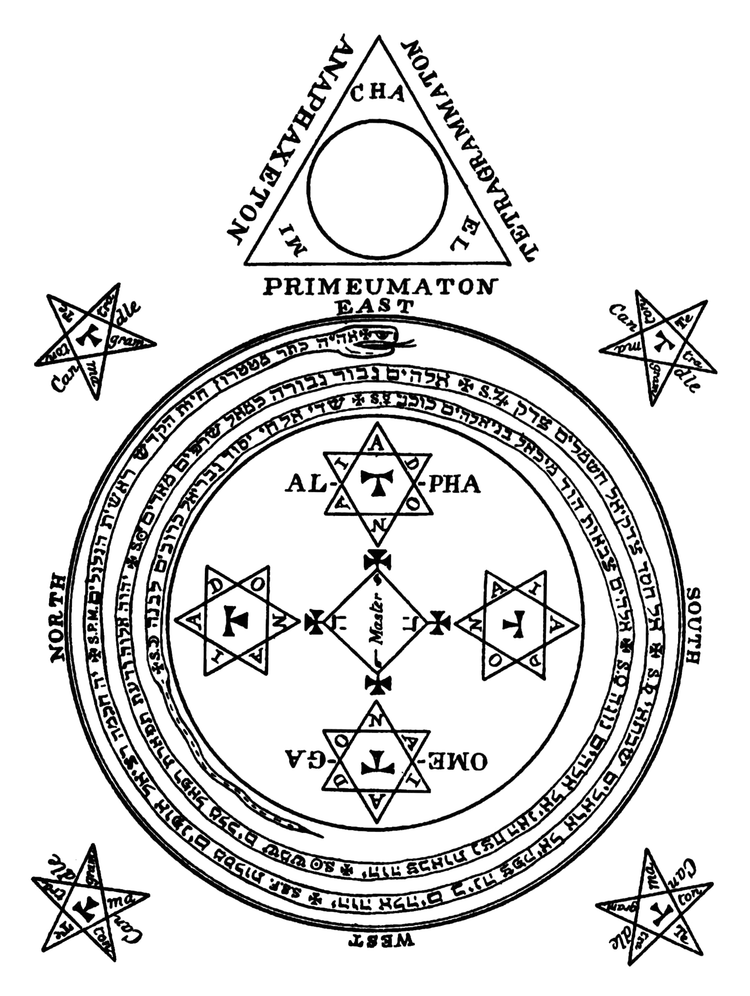
Member discussion